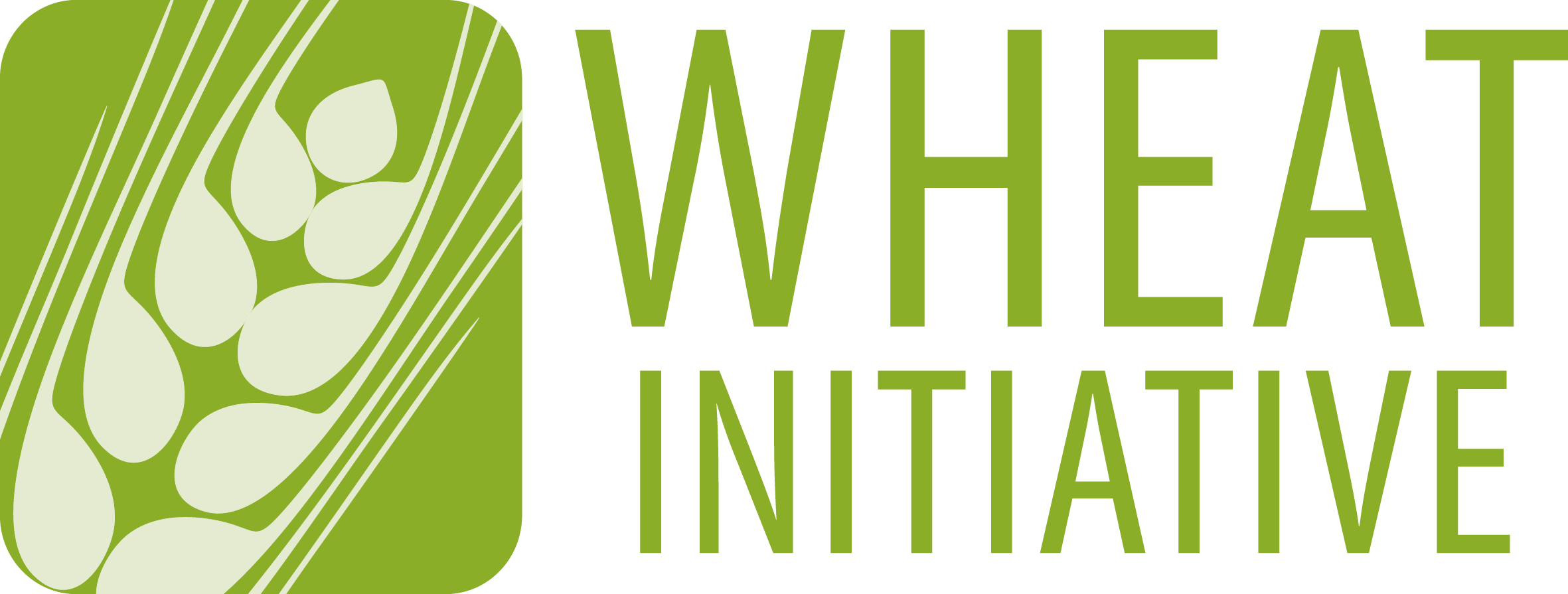CONTROL OF WHEAT PESTS
The Wheat Initiative Pest Expert Working Group has a wide remit within the topic of control of pests in wheat at a Global scale.
Pests can cause devastating effects on wheat grain yield and quality. The assessment presented by Oerke in 2005 indicates that the global grain yield loss due pests is about 9%. The study from Deutsch et al. in 2018, indicates that the loss caused by insect pests can change substantially with climate change, e.g., the current loss can increase up to 25% under a 2°C warmer climate.
The sustainable protection of wheat yields from the damage caused by pests and diseases is paramount to increase productivity within planetary boundaries and improve food security. The current and future scenario for the control of wheat pests requires the integration of knowledge from different disciplines.
Hence, wheat science must generate and integrate knowledge that contribute to the development of adequate tools to manage pests in farmers’ field. To this end, the Pests-EWG brings together experts in the field from across the Globe to gather knowledge, share experiences and foster international collaborations.
The Pests-EWG focuses on the following topics:
Biological control of pests
Development and/or application of chemical control substances/strategies
Diagnosis and monitoring of pest outbreaks
Diagnosis and monitoring of resultant disease spread for diseases spread by pests
Genetics and breeding of host resistance to wheat pests and the diseases they transmit
Integrated strategies to manage crop losses due to pests and the diseases they spread
Wheat-pests interactions, including arthropods, virus and nematodes and higher order trophic interactions
Other aspects of pest management and associated disease control
Proposal
Late 2021 the Wheat Initiative Expert Working Group on Pests and Pathogens held a survey and asked the EWG members two questions:
Should the group be split into two separate EWG, one on pathogens and one on pests of wheat.
If the split is made, should the Pest EWG also include diseases (primarily viruses) spread by pest.
The response was clear, 83% support the split and 73% wanted the Pest EWG to cover the viruses.
As a result of this survey, two new EWGs have been established.
Leadership
Chair: Gia ARADOTTIR
Co-Chairs: Beant SINGH, Abdelfattah A. DABABAT
Call for Experts
The call for experts will remain open during the EWG lifetime. Any expert wishing to participate in the Control of Wheat Pests Expert Working Group should complete the application form and send it via email to wheat(dot)initiative(at)julius-kuehn(dot)de.
Meetings
May 18, 2023, Third Virtual Meeting with invited speaker Dr. Amer Dababat from CIMMYT Turkey on Wheat Nematodes
December 15, 2022, Second Virtual Meeting
November 30, 2022, First Virtual Meeting

